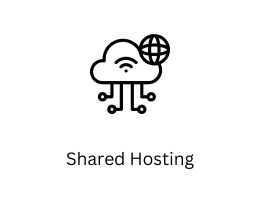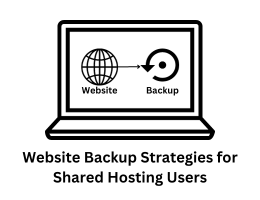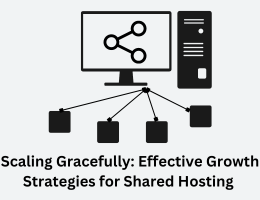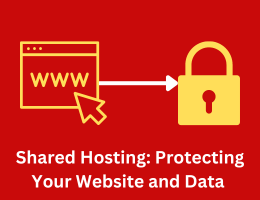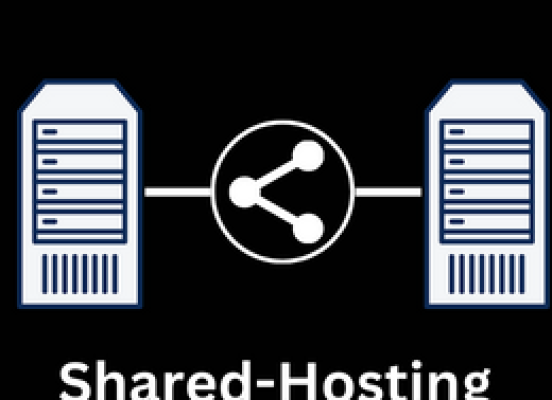
The Ultimate Guide to Managing Multiple Websites on a Shared Hosting Plan
- By admin --
- Monday, 03 Apr, 2023
If you're managing multiple websites on a shared hosting plan, you may be wondering how to optimize your setup for maximum efficiency and minimal headaches. Fortunately, there are several best practices you can follow to make the most of your shared hosting plan and keep your websites running smoothly.
1. Choose a reliable shared hosting provider
Before you can start managing multiple websites on a shared hosting plan, you need to choose a reliable hosting provider. Look for a provider that offers robust uptime guarantees, fast load times, and strong security features. You may also want to look for a provider that offers features specifically tailored to managing multiple websites, such as the ability to manage multiple domains from a single account.
2. Keep your websites organized
When managing multiple websites on a shared hosting plan, it's important to keep them organized. Use a consistent naming convention for your websites and keep track of their login credentials, database information, and other important details in a secure location. This will make it easier to manage your websites and troubleshoot any issues that arise.
3. Use a content management system (CMS)
Using a content management system (CMS) such as WordPress, Joomla, or Drupal can make it easier to manage multiple websites on a shared hosting plan. A CMS allows you to create, edit, and publish content without needing to know HTML or other coding languages. It also provides a range of plugins and themes that can help you customize your websites.
4. Use caching and optimization tools
Caching and optimization tools can help improve the speed and performance of your websites, even on a shared hosting plan. Look for a hosting provider that offers caching and optimization tools, or consider using a third-party tool such as Cloudflare or WP Rocket. These tools can help minimize load times, reduce server requests, and improve overall website performance.
5. Regularly backup your websites
Regularly backing up your websites is essential when managing multiple websites on a shared hosting plan. Look for a hosting provider that offers automatic backups, or use a third-party backup solution such as BackupBuddy or UpdraftPlus. Backing up your websites regularly can help ensure that you don't lose any important data or files in the event of a server crash or other issue.
6. Use a website monitoring tool
Using a website monitoring tool can help you stay on top of any issues or outages affecting your websites. Look for a tool that offers uptime monitoring, downtime alerts, and performance analytics. Some popular website monitoring tools include Pingdom, UptimeRobot, and Site24x7.
7. Keep your websites up to date
Keeping your websites up to date is important for both security and performance reasons. Make sure to regularly update your CMS, plugins, and themes to the latest versions, and stay on top of any security patches or other updates. This can help ensure that your websites are running smoothly and are protected against security threats.
By following these best practices, you can successfully manage multiple websites on a shared hosting plan. Remember to choose a reliable hosting provider, keep your websites organized, use a content management system, optimize your websites for speed and performance, regularly backup your websites, use a website monitoring tool, and keep your websites up to date. With these strategies in place, you'll be well on your way to success as a webmaster.

